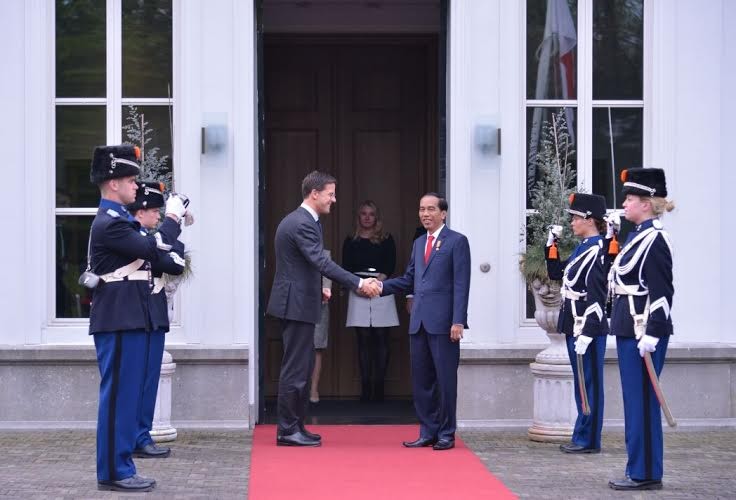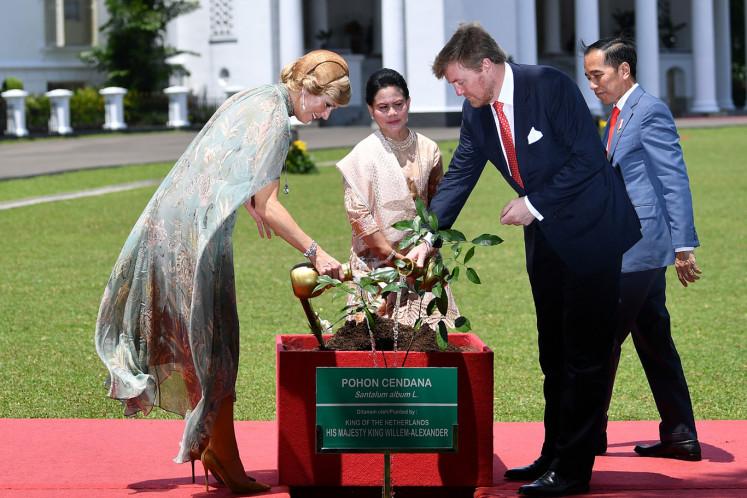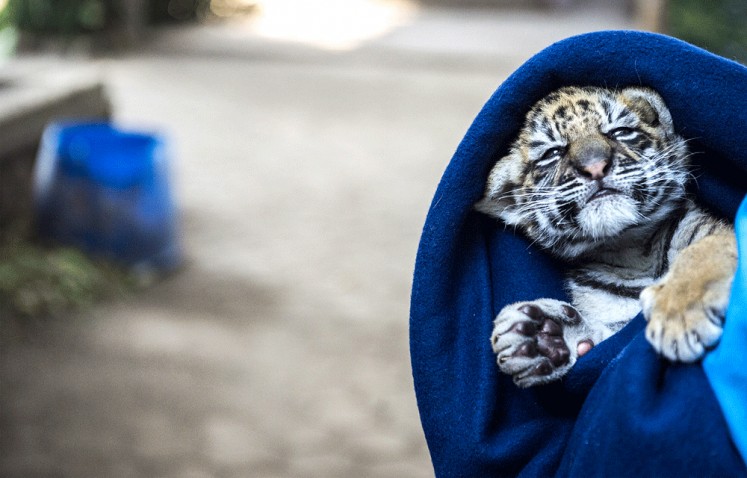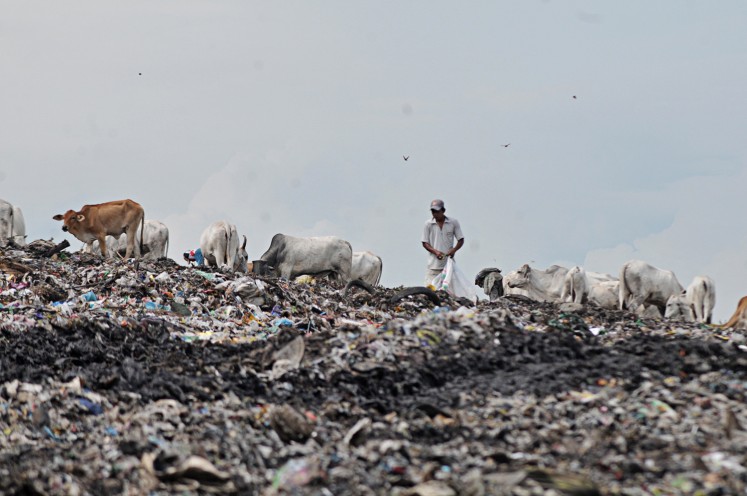Popular Reads
Top Results
Can't find what you're looking for?
View all search resultsPopular Reads
Top Results
Can't find what you're looking for?
View all search resultsDutch sorry for 'extreme violence' in Indonesia's Independence War
Dutch forces burned villages and carried out mass detentions, torture and executions during the 1945-49 conflict, often with tacit government support, said the four-year study by Dutch and Indonesian researchers.
Change text size
Gift Premium Articles
to Anyone
T
he Netherlands prime minister apologised to Indonesia on Thursday after a study found that the Dutch army used "systematic and extreme violence" during Indonesia's independence war.
Dutch forces burned villages and carried out mass detentions, torture and executions during the 1945-49 conflict, often with tacit government support, said the four-year study by Dutch and Indonesian researchers.
The findings shattered the long-held official Dutch line that there were only isolated incidents of excessive violence by its forces as the colony it had held for 300 years broke away.
"Today, on behalf of the Dutch government, I present my deepest excuses to the people of Indonesia for the systematic and extreme violence from the Dutch side in those years," Prime Minister Mark Rutte told a press conference.
Rutte said he was also sorry for the "subsequent blind eye by various previous Dutch governments."
"We also apologise to all those living in the Netherlands who had to live with the consequences of the colonial war in Indonesia, including those war veterans who did behave appropriately," he added.
President Joko Widodo (right) accompanied by First Lady Iriana Joko Widodo (second left) and Dutch King Willem Alexander (second right) accompanied by Queen Maxima planting trees during a state visit to Bogor Palace, West Java, Tuesday (10/3/2020) . (Antara/Sigid Kurniawan)It is not the first apology by the Netherlands to Indonesia, as Dutch King Willem-Alexander formally apologised during a visit to Indonesia in 2020 for "excessive violence" during the war.
But it the first acknowledgement that there was effectively a deliberate campaign of violence.
'Condone, justify and conceal'
The study is the latest step in the Netherlands' recent attempts to grapple with its brutal colonial past, and wider efforts by former imperial powers around the world.
"The research shows that the vast majority of those who bore responsibility on the Dutch side – politicians, officers, civil servants, judges and others – had or could have had knowledge of the systematic use of extreme violence," the researchers said.
"There was a collective willingness to condone, justify and conceal it, and to let it go unpunished. All of this happened with a view to the higher goal: that of winning the war," they said.
War crimes were first revealed by a former Dutch veteran in 1969, but ever since then the official viewpoint has been that while "excesses" may have happened, Dutch forces on the whole behaved correctly.
The new research shatters that myth.
The crimes "included mass detentions, torture, burning of kampongs (homesteads), executions and killing of civilians," Frank van Vree, a war history professor at the University of Amsterdam, said during an online presentation of the research.
Indonesia declared independence in 1945 shortly after Japanese occupation in World War II.
But the Dutch wanted to retain their former colony, sending troops to quell the independence uprising, finally withdrawing in 1949.
A Dutch court ruled in 2015 that the Hague-based government must compensate the widows and children of Indonesian fighters executed by colonial troops.
The topic of Indonesian independence is also being tackled in the Dutch public eye through film and exhibitions -- the latest of which opened at Amsterdam's famous Rijksmuseum last week.











